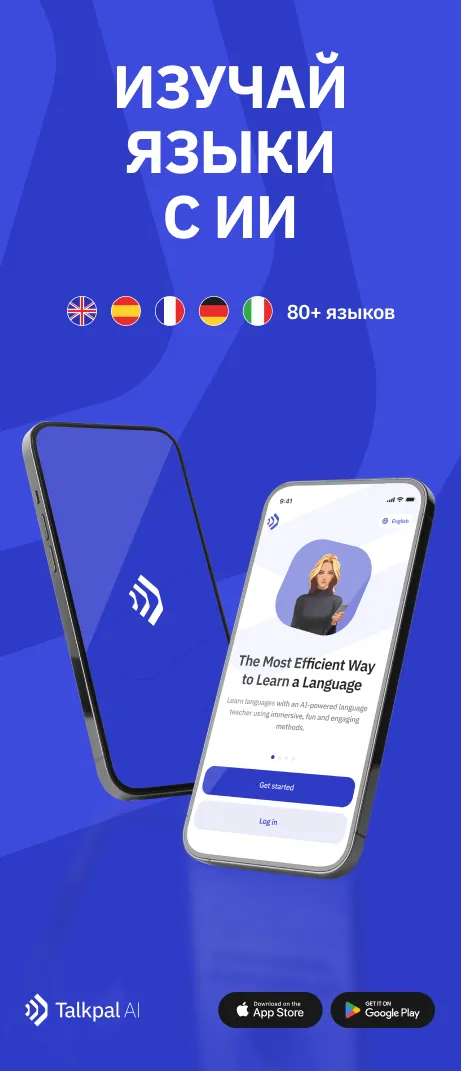Эти упражнения на косвенную речь помогут вам попрактиковаться в преобразовании прямой речи в косвенную. Вам нужно будет заполнить пропуски в предложениях, учитывая контекст и подсказки. Убедитесь, что вы применяете правильные временные формы и изменяете другие элементы предложения, где это необходимо.
Упражнение 1: Преобразование из прямой речи в косвенную
He said, «I am tired.» —> He said that he was *tired* (tense).
She asked, «Do you want some coffee?» —> She asked if I *wanted* (tense) some coffee.
«Will you be there?» he wondered. —> He wondered if you *would* (modal) be there.
«I won’t do it,» she stated firmly. —> She stated firmly that she *wouldn’t* (negation) do it.
«Can we start now?» they asked. —> They asked if they *could* (modal) start now.
«You have seen him,» she accused. —> She accused me of having *seen* (perfect) him.
He claimed, «I didn’t break the window.» —> He *claimed* (verb) he hadn’t broken the window.
«I’ll help you,» he offered kindly. —> He offered kindly to *help* (infinitive) me.
«He has finished his work,» they believed. —> They believed that he *had* (perfect) finished his work.
«Don’t forget to call me,» she reminded. —> She reminded me *to* (infinitive) call her.
«I may arrive late,» he warned. —> He warned that he *might* (modal) arrive late.
The teacher explained, «The exam starts at 9am.» —> The teacher explained that the exam *started* (tense) at 9am.
«You should have told me earlier,» she complained. —> She complained that I *should* (modal) have told her earlier.
«We must go now,» they urged. —> They urged that they *had* (modal) to go now.
He admitted, «Yes, I was playing games.» —> He admitted that he *had* (past simple) been playing games.
Упражнение 2: Преобразование вопросов и отрицательных предложений в косвенную речь
«Why did you call me?» he demanded. —> He demanded to know why I *had* (perfect) called him.
«Are you coming to the party?» she asked. —> She asked if I *was* (tense) coming to the party.
«Is he working today?» they wondered. —> They wondered if he *was* (tense) working that day.
«Don’t talk during the test,» the instructor warned. —> The instructor warned *not* (negation) to talk during the test.
«Have you seen my keys?» she questioned. —> She questioned if I *had* (perfect) seen her keys.
«You should not drive so fast,» he suggested. —> He suggested that I *should* (modal) not drive so fast.
«I could help you tomorrow,» he offered. —> He offered *to* (infinitive) help me the next day.
«She has never been to London,» he stated. —> He stated that she *had* (perfect) never been to London.
«Please don’t leave your bike here,» she requested. —> She requested *not* (negation) to leave my bike there.
«Has the letter arrived yet?» she enquired. —> She enquired if the letter *had* (perfect) arrived yet.
«Did you remember to lock the door?» he asked. —> He asked if I *had* (perfect) remembered to lock the door.
«We didn’t understand the instructions,» they admitted. —> They admitted that they *hadn’t* (negation) understood the instructions.
«You mustn’t touch that switch,» she insisted. —> She insisted that we *mustn’t* (modal) touch that switch.
«Could you repeat that, please?» he asked. —> He asked me *to* (infinitive) repeat that.
«Don’t forget to check your email,» she reminded me. —> She reminded me *to* (infinitive) check my email.










